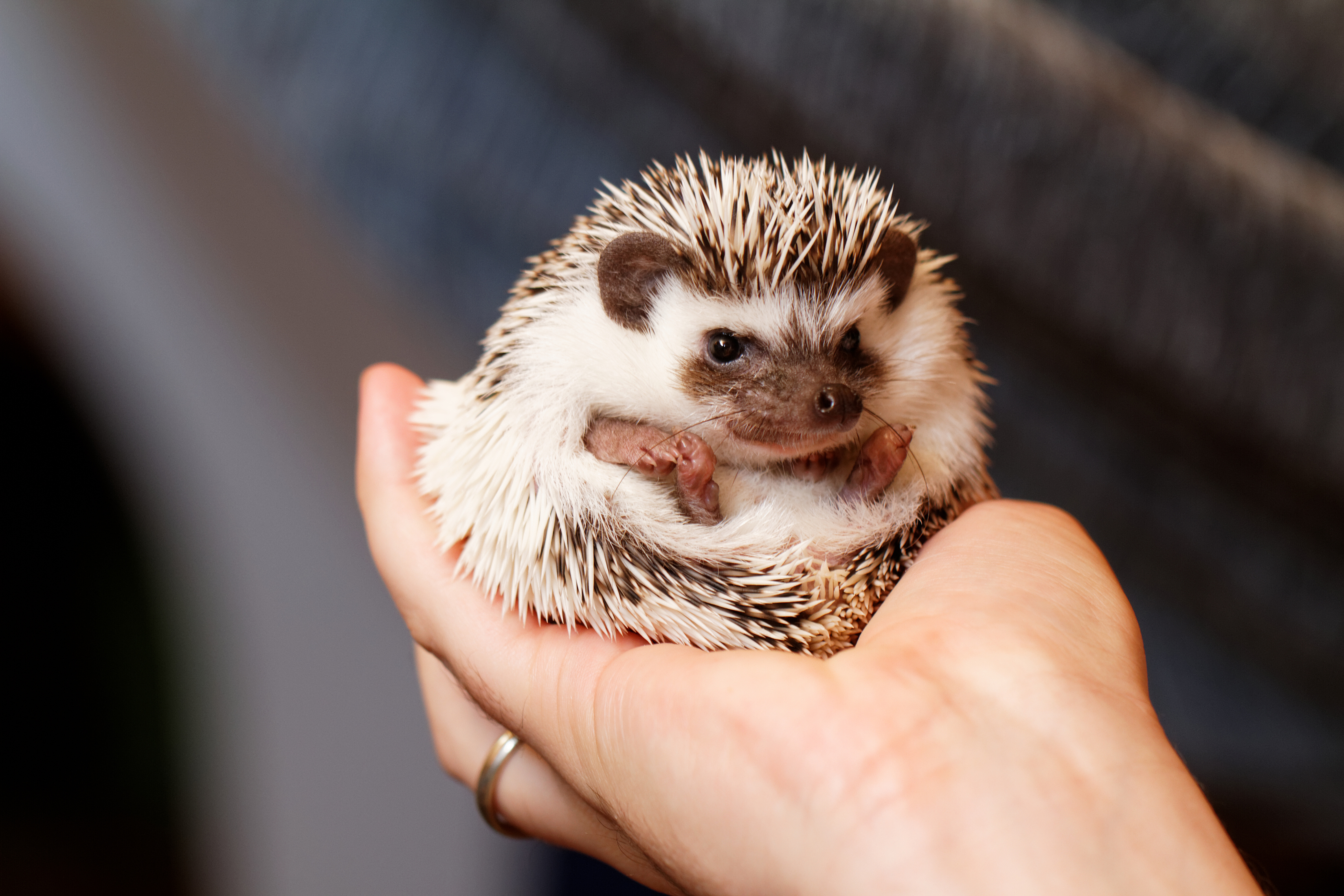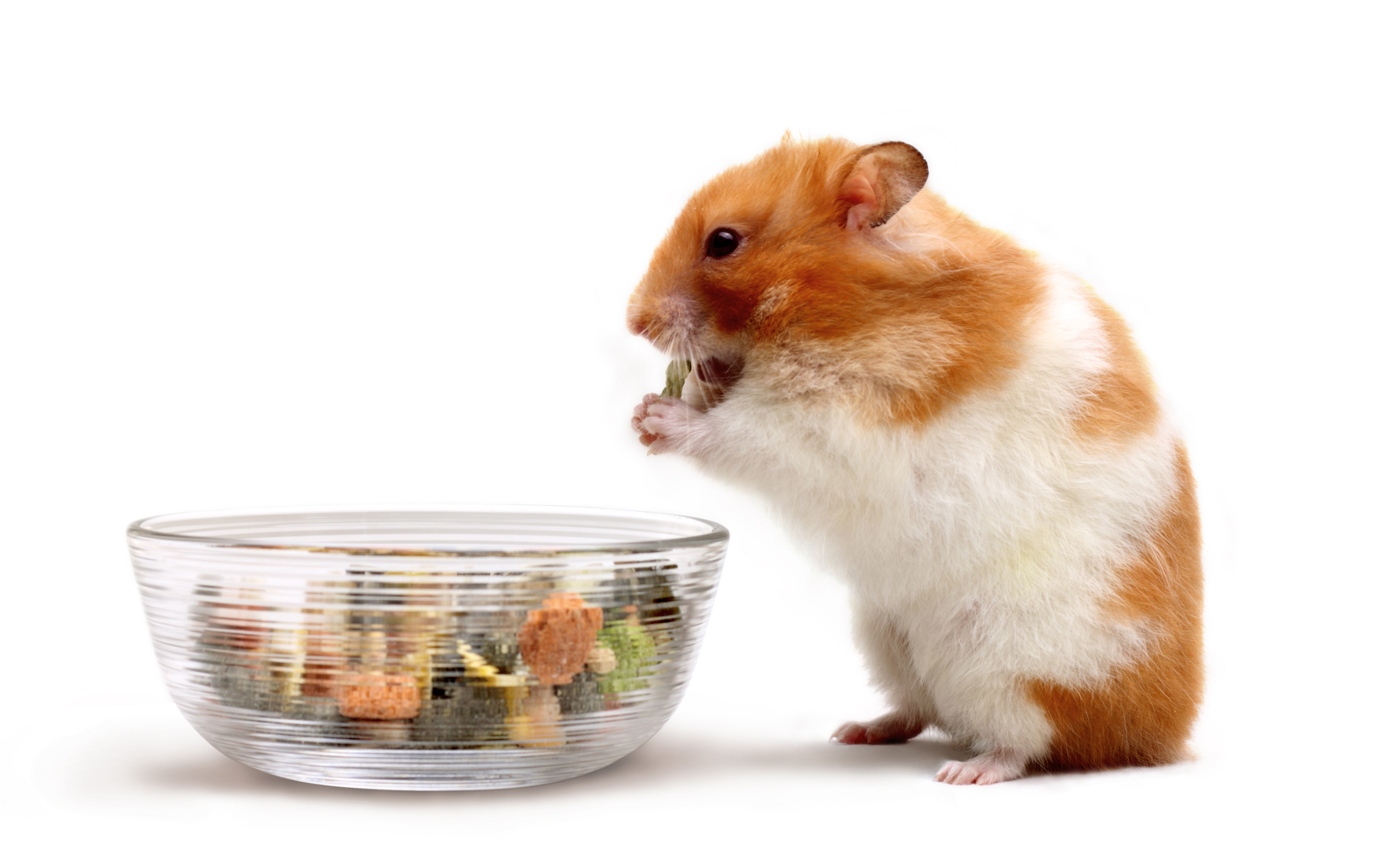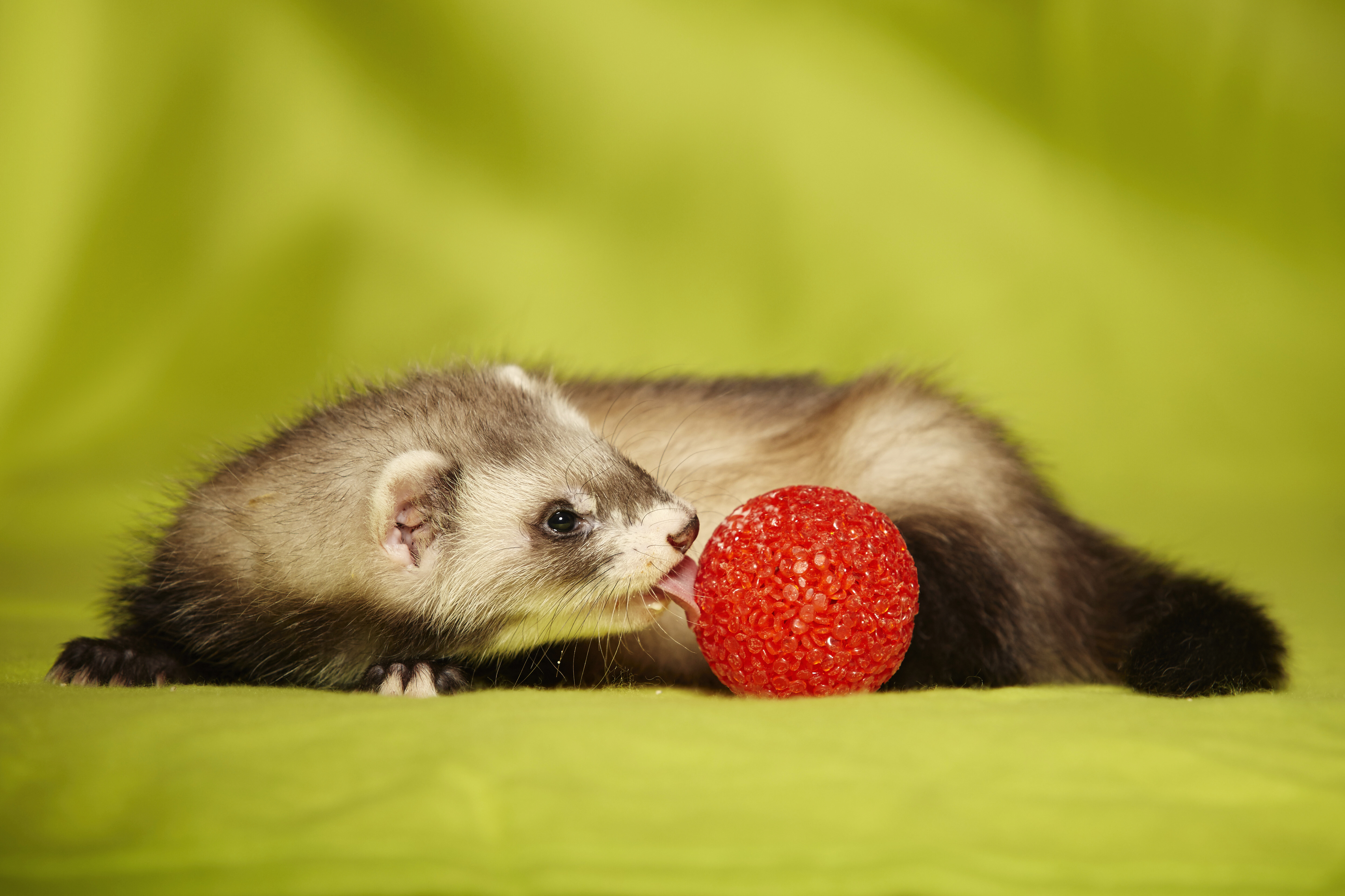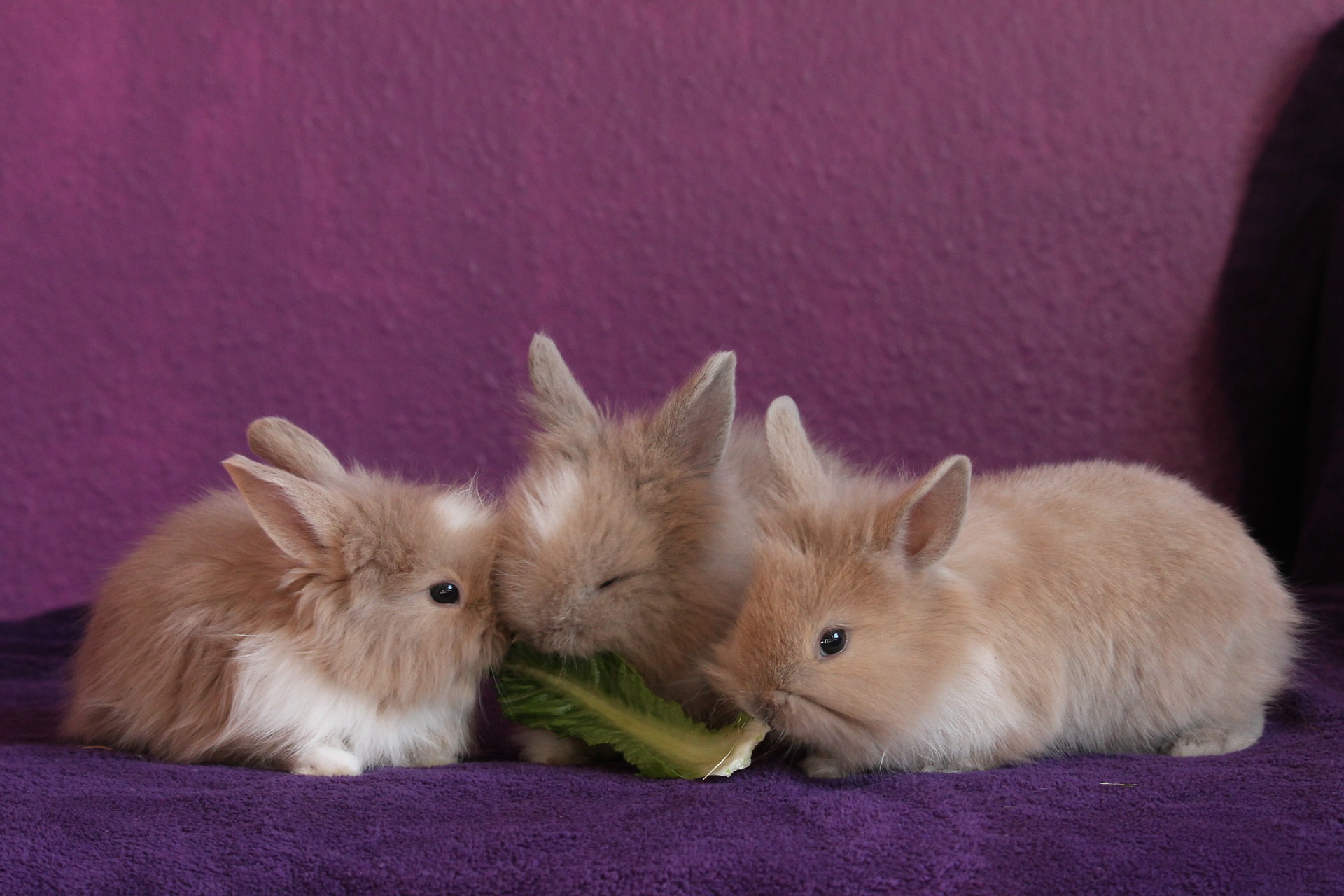Mammals off the Mainstream
Erik J. Martin //May 3, 2016//
 From small things, big things one day come,” Bruce Springsteen famously sang. That advice should be music to the ears of savvy retailers who stand to benefit from the continued boom market for bitsy critters of the more exotic kind—hedgehogs, degus, short-tail possums, sugar gliders and prairie dogs included.
From small things, big things one day come,” Bruce Springsteen famously sang. That advice should be music to the ears of savvy retailers who stand to benefit from the continued boom market for bitsy critters of the more exotic kind—hedgehogs, degus, short-tail possums, sugar gliders and prairie dogs included.
But be forewarned: While these miniature mammals can attract a lot of attention from goo-goo-eyed shoppers and kids seeking a fun and furry first companion, Uncle Sam can make it difficult to cater to this market. Every local municipality and state enforces its own limitations on ownership, and the U.S. Department of Agriculture conducts inspections and requires retailers to be properly licensed to stock/sell certain exotic species.
Once you get past the red tape, however, the decision to sell live small exotics and their supplies can be a profitable one, according to experts.
Capitalizing on Compact Curiosities
“The four main exotics we sell are sugar gliders, degus, hedgehogs and chinchillas, and their related sales represent at least 20 percent of our animal sales,” said John Lebert, owner of Pets ’N Things in Saline, Michigan, who began carrying and in-house breeding these and other small exotic species 20 years ago. “They appeal to a wide variety of customers, including families with small children who are seeking a low-maintenance starter pet as well as more responsible young adults and single adults who desire a companion.”
Lebert said it takes time to build a small mammal exotic category in your store. It can be difficult to find a reputable local breeder and there’s a significant learning curve involved. It is probably best to start with one or two breeds and work your way up. He suggests dabbling first with degus and chinchillas, which can be easier to care for and often faster to sell.
“Unconventional exotics make up a relatively small percentage of small pets owned, but interest in these unique species continues to grow,” said Lucas Stock, communications manager with Murdock, Nebraska-based Oxbow Animal Health. “Also, finding products specifically designed and marketed for these less conventional species can be a challenge for some pet owners. But as the number of owners grows, the likelihood of new specialty products being developed increases.”
Lebert related to the lack-of-species-specific-merchandise challenge Stock spoke of.
“The major manufacturers don’t provide that many new products for these exotics, so we’ve turned to specialty suppliers like Exotic Nutrition to fill in the gaps,” Lebert said.
Nibbles in Bits
Meeting the nutritional needs of exotics starts with understanding their natural diets and finding high-quality products that closely mimic the edibles they would find in nature. Thankfully, more species-appropriate foods like pelleted complete diets are available today.
Vitakraft Sunseed offers a wide variety of these goods, including Vita Prima Sunscription Exotics Hedgehog Formula, VitaSmart Complete Nutrition Sugar Glider Food and Vita Exotics Degu Formula. Small World makes a Complete Feed for Chinchillas, Mazuri sells a range of insectivore diets for sugar gliders and hedgehogs, and Pretty Bird International sells its Sugar Glider Food.
“Hedgehogs in the wild are insectivores and, therefore, require a high percentage of protein and low fat in their diet,” said Lisa Kniceley, marketing and trade sales specialist for Vitakraft Sun Seed in Bowling Green, Ohio. “Sugar gliders, on the other hand, require a carefully balanced diet of high protein and calcium and low phosphorus, while degus must have a diet moderately low in protein, fat and sugar yet high in fiber.”
Carefully tailored treats are more in abundance lately, too. Case in point: Oxbow’s Simple Rewards Lavender Chamomile Medley, ideal for degus; Vita Prima Wigglers & Berries Trail Mix Treat, perfect for hedgehogs; and F.M. Brown’s Fruit Bites Very Berry Harvest—a favorite among sugar gliders.
Proper Promotion for Peculiar Pets
Unconventional pets call for an unconventional approach when it comes to merchandising and promotion.
“Displaying and merchandising these products in a section specially designated for exotic pets is a great place to start,” Kniceley said. “However, retailers should avoid putting these products wherever there is low visibility, because if the shopper cannot see it, they won’t purchase it.”
It helps to make an extra effort to educate your potential customers about these specialized products.
“Social media is a great, free option for getting the word out about your new products in stock,” Stock said. “Also, work with local rescues in your area. By letting these groups know you carry specialty foods, you’ll be at the forefront of their minds if and when one of these animals comes into their care.”
Another way to get the word out about these wares is to host special educational events like seminars and workshops in your store with local exotics experts and trusted area veterinarians serving as guest speakers.
“These events are a great way to build customer loyalty and strengthen relationships with experts in your area,” Stock said. “As an added incentive, consider running a special on related products before and during this event.”



















